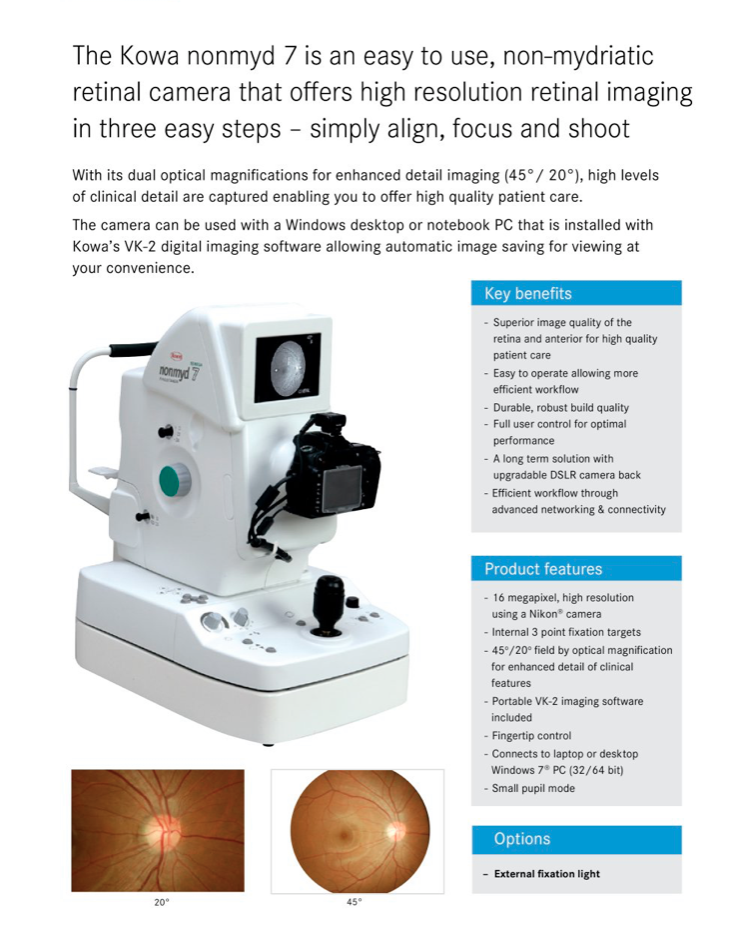First of all, you need to have consulted an ophthalmologist to ensure that you have no serious underlying eye pathology (ocular hypertension, progressive pathology, retina, glaucoma, etc.).
If you or your child sometimes or even often show any of these signs, you may need glasses.
NB: In all cases, if the problems persist after 2 months, despite appropriate and well-worn optical correction, it is advisable to consult a neurologist.
- Maux de tête : plutôt frontales, surtout après une lecture prolongée, en fin de journée, après les écrans.
- Eye rubbing, dry eyes, heaviness and tiredness.
- Your child is getting very close to screens, close reading.
- You may be hypermetropic and/or astigmatic.
In children, it is strongly recommended that their refraction is checked at least once during follow-up after they have been given cycloplegic drops (which block accommodation for a few hours).
This examination reveals the optical power to be corrected without the eye becoming too tired.
Wearing reading glasses is usually a temporary measure, providing greater comfort and helping eyesight to develop optimally in childhood.

